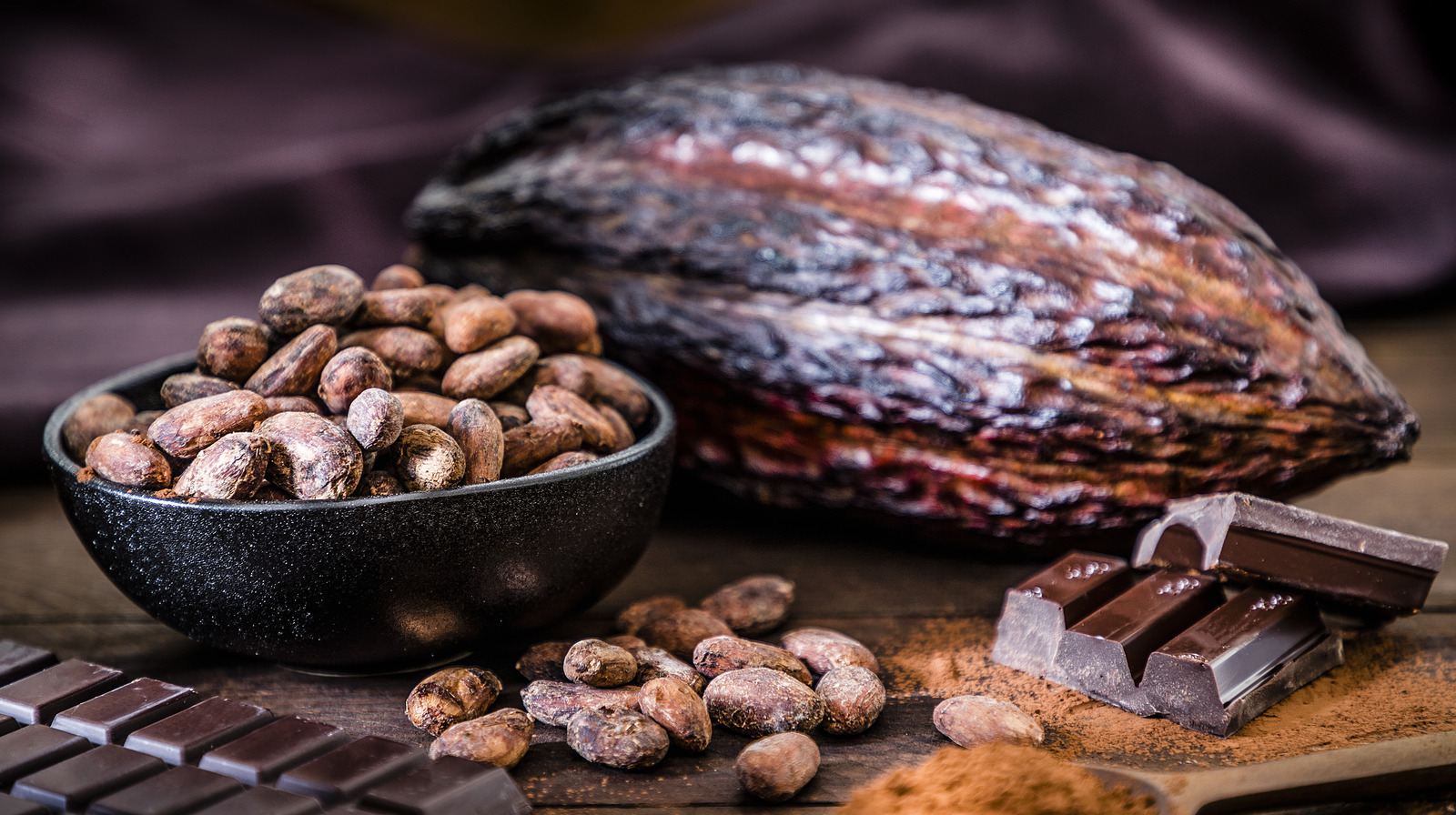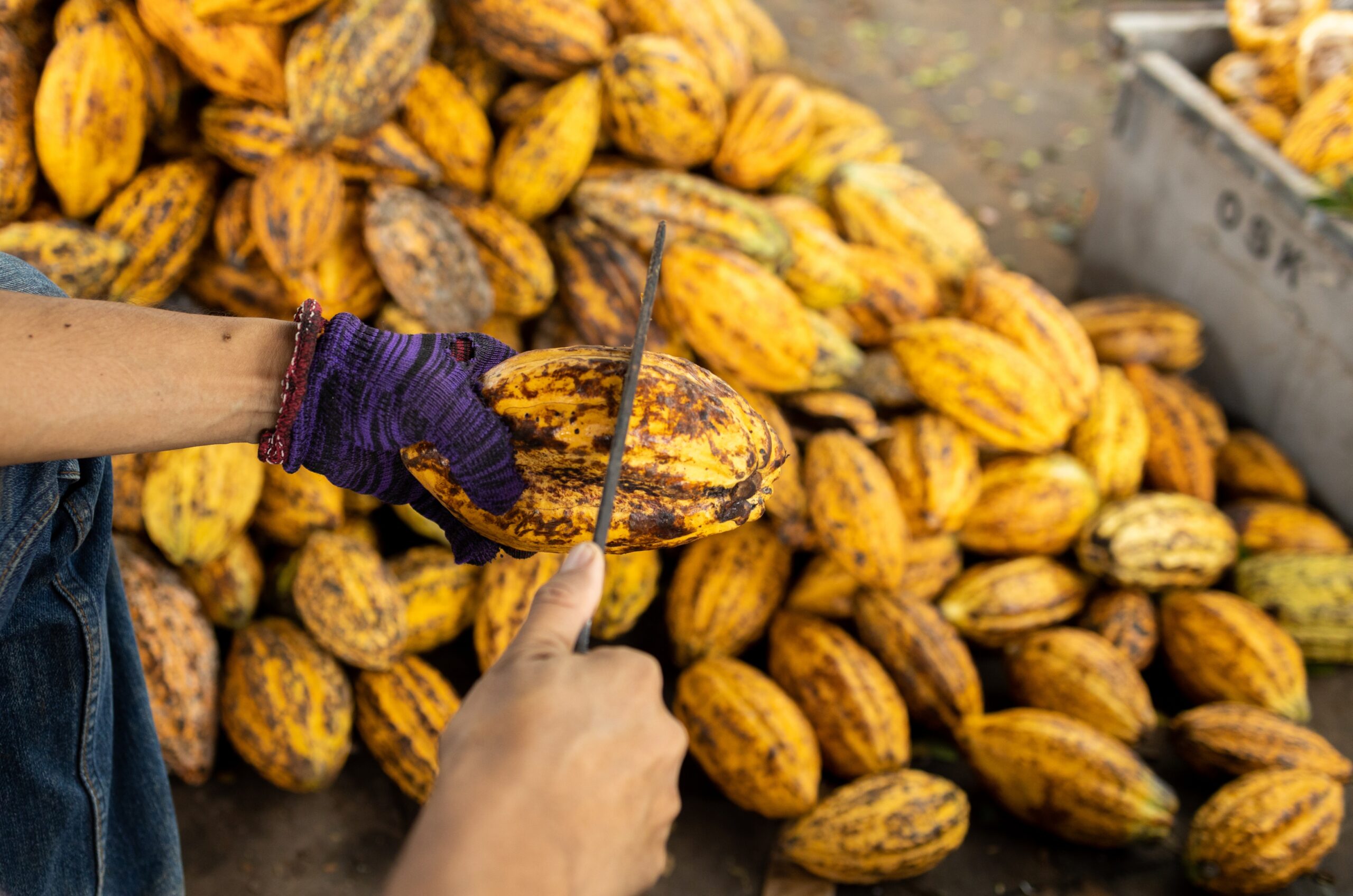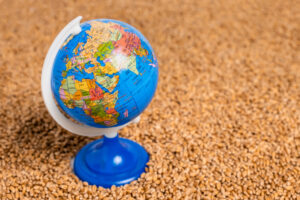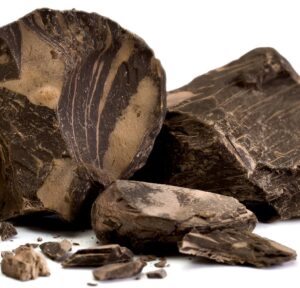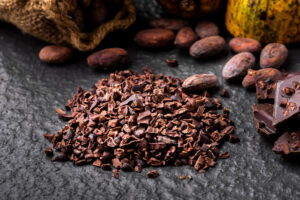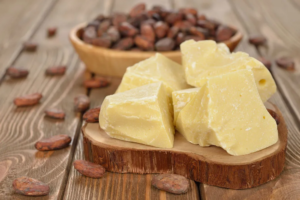When we think of chocolate, we usually picture a delicious bar melting in our mouth or a rich, creamy dessert. But behind every bite is a long story that starts far away from Dubai—on cocoa farms, mostly in West Africa or South America. In the UAE, chocolate factories are growing rapidly, with more local brands gaining global recognition. But how do these chocolate makers get the premium cocoa they need to create high-quality products?
Let’s explore how UAE chocolate factories source cocoa, what makes it “premium,” and why it matters.
Where Do UAE Chocolate Factories Get Their Cocoa?
First, let’s start at the root—literally. Cocoa beans come from the cacao tree, which thrives in tropical climates. The biggest cocoa-producing countries include Ivory Coast, Ghana, Nigeria, Cameroon, and Indonesia. For chocolate factories in the UAE, most of their cocoa is imported from West Africa, with Ghana and Ivory Coast being the top sources for chocolate-grade cocoa.
These countries are known for producing high-quality beans with the right flavor and fat content that chocolate makers love. Some specialty chocolate producers also source from Latin America (like Ecuador or Peru) for unique flavor profiles.
These beans are imported through Dubai’s well-established logistics network. Dubai is a trading hub, and that includes ingredients for food production. Cocoa import in Dubai is streamlined thanks to its ports, customs efficiency, and growing demand from food factories across the region.
Factories don’t just order any cocoa. They work closely with trusted cocoa suppliers who specialize in chocolate-grade beans. Many use brokers or partner directly with exporters that understand the needs of chocolate production.
What Makes Cocoa “Premium”?
Premium cocoa isn’t just about where it comes from. It’s about how it’s grown, harvested, and processed. Good cocoa has high butter content, rich flavor, and low bitterness. It’s fermented and dried properly. It also tends to come from farms that follow ethical and sustainable farming practices.
Chocolate factories in the UAE want cocoa that offers consistent taste, clean traceability, and meets international standards. That’s because their customers are becoming more aware and asking the same question: Where is this chocolate from?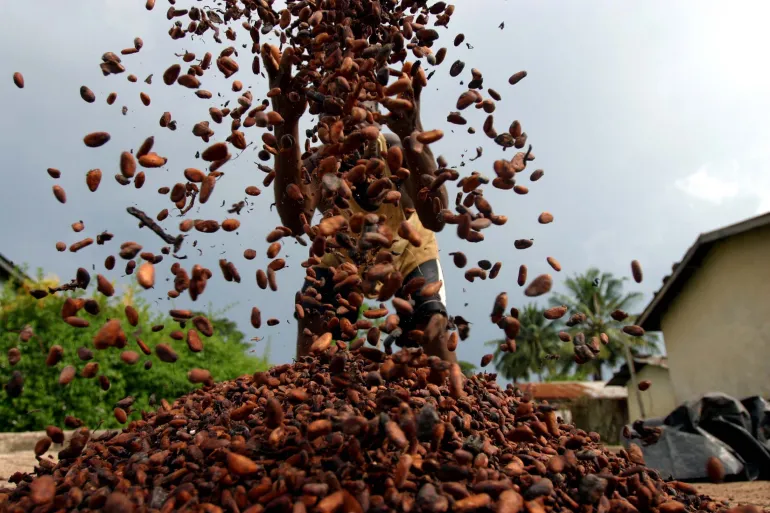
How Chocolate Factories in the UAE Choose Their Cocoa Suppliers
It’s not as simple as just picking a supplier. Chocolate factories in the UAE usually look for specific things:
-
- Bean Quality – This is non-negotiable. Premium cocoa has to be fermented and dried properly. Many factories conduct lab tests or taste tests (called “cuppings”) before accepting a batch.
-
- Sustainability – With rising consumer awareness, UAE chocolate brands are now asking for ethical sourcing. This includes traceable supply chains, fair wages for farmers, and environmentally conscious farming.
-
- Certifications – Some brands go for Fair Trade, Rainforest Alliance, or Organic certifications to add trust and value to their final products.
-
- Customization – Gourmet brands often want beans with specific flavor notes—fruity, nutty, or floral. Suppliers who can meet these requests have an edge.
-
- Reliable Logistics – Cocoa import to Dubai involves shipping, customs clearance, and proper storage (since cocoa is sensitive to heat and humidity). Reliable supply chain partners are key.
Cocoa for Chocolate Makers vs. Regular Cocoa
Chocolate-grade cocoa is different from the cocoa you find on supermarket shelves. It’s selected for flavor, consistency, and quality. It also often goes through stricter checks and comes with certificates of origin, organic status, or fair-trade compliance.
Factories use this kind of cocoa to develop signature tastes. It helps with branding and makes their chocolate stand out in the market.
Why Chocolate Makers Are So Picky
When you’re making chocolate, the raw ingredient is everything. Even the best machines and chefs can’t fix bad beans.
That’s why most chocolate factories in the UAE test cocoa samples first. They check taste, texture, and aroma before placing large orders. Some even visit the farms or attend cocoa expos to meet growers and exporters directly.
What Chocolate Makers Look For in Cocoa
Not all cocoa is created equal. Here’s what chocolate makers in Dubai usually look for:
-
- High Cocoa Butter Content: Adds smoothness and mouthfeel.
-
- Low Acidity: Makes the chocolate taste less bitter.
-
- Consistent Fermentation: Gives that classic chocolate aroma.
-
- No Mold or Off-Flavors: These are signs of poor post-harvest handling.
Premium cocoa Dubai chocolate factories prefer usually comes from reliable farms with good agricultural practices.
The Rise of Bean-to-Bar in the UAE
You’ve probably heard the term “bean-to-bar”—it means making chocolate from scratch, starting with whole cocoa beans. This trend is growing in the UAE.
Bean-to-bar makers usually roast, crack, winnow, grind, refine, and temper the chocolate all in-house. It’s a labor of love, but it creates unique, artisan products.
To do this well, these producers need excellent cocoa. That’s why many of them spend time researching the best cocoa importers in Dubai or looking for wholesale cocoa suppliers they can trust.
Chocolate Trends in the UAE
The UAE chocolate market is shifting in exciting ways:
-
- Health-conscious options: Think dark chocolate with high cocoa content, vegan chocolates, and sugar-free versions.
-
- Sustainable sourcing: More brands are highlighting where their cocoa comes from.
-
- Luxury packaging: It’s not just about taste; it’s about experience.
-
- Local flavors: Dates, saffron, cardamom, and other regional ingredients are now blended with chocolate.
This means the demand for high-quality cocoa is higher than ever. Factories need to keep up by sourcing better ingredients, building stronger supply chains, and creating memorable products.
Working with Cocoa Suppliers
Many UAE chocolate factories build long-term relationships with specific cocoa suppliers. These suppliers often specialize in bulk cocoa, including:
-
- Cocoa beans
-
- Cocoa nibs
-
- Cocoa liquor (mass)
-
- Cocoa butter
-
- Cocoa powder
Working with a reliable cocoa supplier means factories can focus on quality control and production without worrying about inconsistent raw materials.
For example, a chocolate maker in Dubai might source 25kg of cocoa liquor monthly for testing and recipe development, while larger factories might order in tons.
Cocoa Wholesale in the UAE
There’s a strong market for cocoa wholesale in the UAE—not just for big factories but also for pastry chefs, bakeries, and boutique chocolatiers. Businesses often buy cocoa mass or butter in 25kg blocks or sacks of beans.
Suppliers like RADAD International and other Dubai-based importers provide bulk cocoa in different forms. These companies also offer technical support, shipping services, and even sourcing guidance.
Whether you’re starting a new chocolate brand or scaling up your existing one, finding a good cocoa wholesaler in the UAE can make all the difference.
Cocoa Import in Dubai—How It Works
Dubai is one of the most important hubs in the Middle East for importing food ingredients, and cocoa is no exception. There are two main ways cocoa enters the UAE:
-
- Bulk Cocoa Beans: Most big chocolate manufacturers prefer to import raw cocoa beans and roast them in-house to control flavor and freshness.
-
- Processed Cocoa (Liquor, Butter, Powder): Smaller chocolate producers or bakeries often import cocoa in its processed form.
Warehouses in Jebel Ali Free Zone and Dubai Industrial City are often used for cocoa storage and processing because they offer temperature-controlled units and proximity to ports.
The Cocoa Supply Chain in the UAE
The journey of cocoa to UAE chocolate factories involves several steps:
-
- Sourcing at Origin – Farmers harvest and ferment the beans.
-
- Export and Shipping – Exporters ship bulk cocoa to Dubai.
-
- Customs Clearance – Beans are checked and cleared through Dubai customs.
-
- Distribution to Factories – Cocoa is delivered to factories in Al Quoz, Sharjah, Abu Dhabi, and other areas.
-
- Processing – Some factories roast and grind the beans themselves, others buy processed cocoa liquor, nibs, or butter.
This supply chain needs to be tight, clean, and fast to make sure the cocoa arrives fresh and flavorful.
Cocoa Supply Chain Challenges in the UAE
Despite the glamour around premium chocolate, factories face real challenges:
-
- Fluctuating Cocoa Prices: Global market prices change, which affects budgets.
-
- Heat Sensitivity: Cocoa needs to be stored and shipped in cool, dry conditions. That’s hard in the UAE climate.
-
- Customs & Regulations: Import paperwork, delays, and compliance with local food standards can slow things down.
To navigate these, many chocolate makers now maintain longer-term contracts with their suppliers to ensure a steady flow of quality cocoa.
Conclusion
Making good chocolate starts with great cocoa. For chocolate factories in the UAE, sourcing high-quality cocoa means working with the right partners, choosing the right origins, and staying on top of industry trends.
As more people in Dubai and beyond look for ethical, flavorful, and luxurious chocolate, factories will continue to rely on premium cocoa and smart sourcing strategies. Whether you’re a chocolatier, a chef, or just a chocolate lover—it all begins with the bean.
Frequently Asked Questions (FAQs)
-
- Where do chocolate factories in the UAE get their cocoa? They mostly import cocoa from countries like Ghana, Ivory Coast, Ecuador, and sometimes Vietnam or South America. The beans arrive through Dubai’s ports and are processed or distributed locally.
-
- What is the difference between cocoa powder and cocoa mass? Cocoa mass (or liquor) is made from ground cocoa nibs and contains both cocoa solids and butter. Cocoa powder is made by removing the butter, leaving just the solids.
-
- Are there local cocoa farms in the UAE? No, the climate in the UAE isn’t suitable for growing cocoa. All cocoa used in the UAE is imported.
-
- Can small businesses buy cocoa in bulk in the UAE? Yes, many suppliers offer cocoa in small wholesale quantities—like 25kg blocks of cocoa liquor or bags of nibs and powder.
-
- What should I look for in a cocoa supplier? Look for consistency, traceability, quality certifications, and customer support. It helps to work with a supplier that understands the chocolate industry.
-
- What are some popular chocolate brands in the UAE using premium cocoa? Several boutique chocolate makers and large companies are now using premium, ethically sourced cocoa, including brands that sell in Dubai Mall, DIFC, and online platforms.
- Is cocoa sourced ethically in the UAE market? Yes, many UAE chocolate factories prioritize ethical sourcing, often working with fair-trade suppliers or choosing certified beans.
Need help finding premium cocoa for your chocolate factory? Start with local suppliers like RADAD INTERNATIONAL, which knows the UAE market well. It’s a smart first step toward better chocolate.

